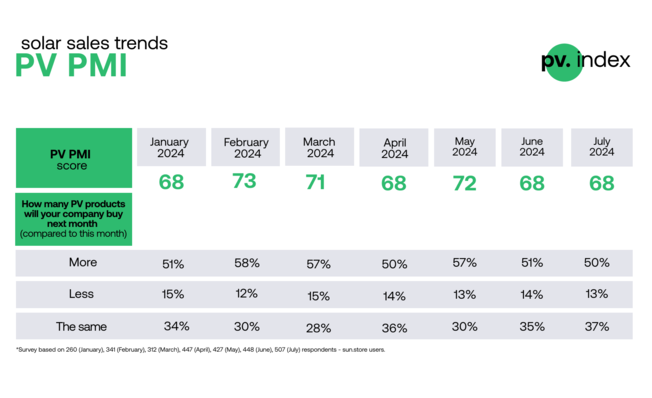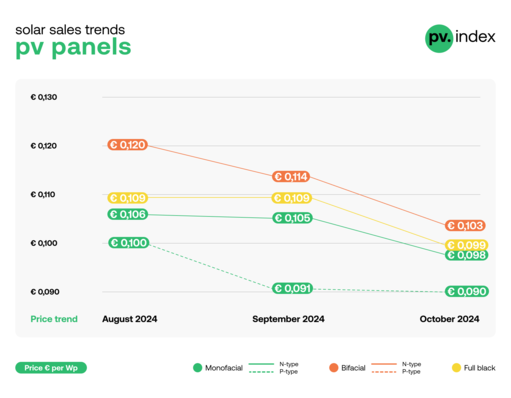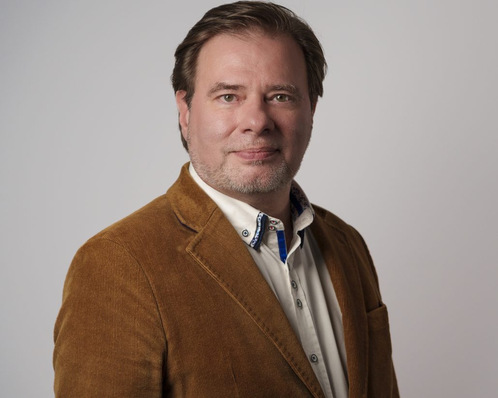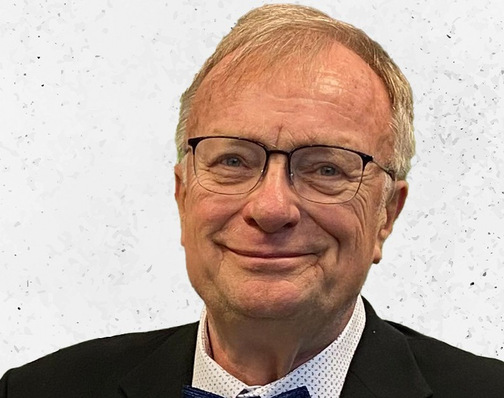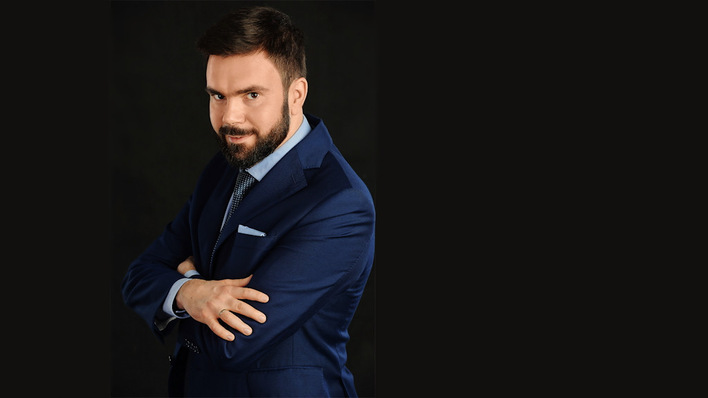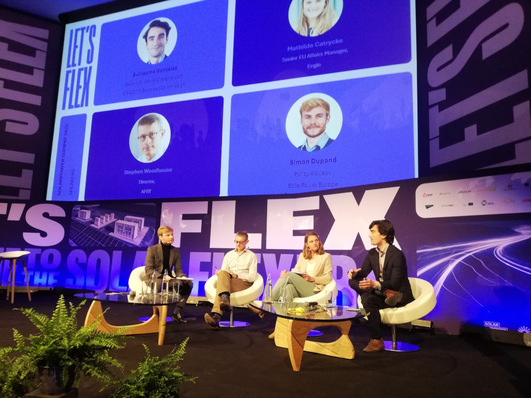Business leaders and policymakers across Europe and the US expect the war in Ukraine to delay global net zero goals by up to three years, as many parts of the world turn to alternative sources of fossil fuels to reduce their reliance on Russia. At the same time, the combined effects of a climate and energy crisis are speeding up the renewable transition, with 96% of business leaders already sourcing renewables or planning to in the future. While 53% of business leaders say the resulting rise in energy prices has brought renewed urgency, positively impacting their sustainability ambitions.
See also: IPCC calls for a halving of CO2 emissions by 2030
Coal returned to the global online conversation in 2022 with over a million mentions a month – an increase of almost 12% compared to 2021, while between 2020 and 2022, carbon-related mentions increased by 130%. This all comes against the backdrop of the changing online conversation where consumers have increased the use of urgent language such as ‘climate crisis’ and ‘climate action’, which have overtaken ‘global warming’ as a talking point.
Different outlooks from business leaders and policymakers
These findings are according to BayWa r.e.’s ‘The Decade That Matters 2.0’ study, which surveyed 3,000 business leaders and policymakers across Europe, the UK and the US, and used a suite of social listening tools to analyse evolving public discourse online.
The trend is clear: Businesses are transitioning to renewable energy. However, when it comes to fully achieving that transition, 57% of business leaders believe it will not happen until 2050 or after, and almost one in ten (8%) think the transition will never be fully achieved.
This is in contrast to policymakers, with over a third (35%) believing it will be achieved during the 2030s, and only 11% saying after 2050. As the world increasingly experiences the impacts of the climate crisis and the Intergovernmental Panel on Climate Change (IPCC) makes repeated calls to aim higher and move faster, timing is fundamentally crucial.
Finger-pointing dominates the European landscape
Policymakers and business leaders not only differ in their views on the timing of the renewable transition but also about the biggest barriers to realising net zero. Globally, business leaders cite a lack of support from government (34%) and government policy (29%) as delaying the journey to net zero. While policymakers believe public understanding (35%) and the speed at which businesses can adapt (35%) are the biggest issues. However, 42% of business leaders and 33% of policymakers are in agreement that cost is a major barrier.
Changing sentiment is driving action
‘The Decade That Matters 2.0’ report also shows a growing change in online sentiment around climate change through its social listening findings. In the first study in 2021, mentions of ‘net zero’ were shown to have more than quintupled between the years of 2015 and 2019. In the three years since, they have done so again – a significant rise in what is a far shorter amount of time.
In 2021, there was also a noticeable shift around the term ‘climate crisis’ which overtook ‘global warming’ as a talking point, peaking at over 2.5 million online mentions. While in 2022, sentiment shifted once more, with overtly negative mentions of ‘net zero’ doubling in comparison to 2018.
These changes around public understanding are undoubtedly influenced by seismic shifts in world affairs – ones that indicate a move from awareness to urgency. While continuing to evolve, they also show growing impatience with the current pace of change. The opportunity to take the necessary action to avert the most catastrophic effects of the climate crisis is still there, but that window is rapidly closing as the initial impacts of the climate crisis are felt globally. (mfo)



